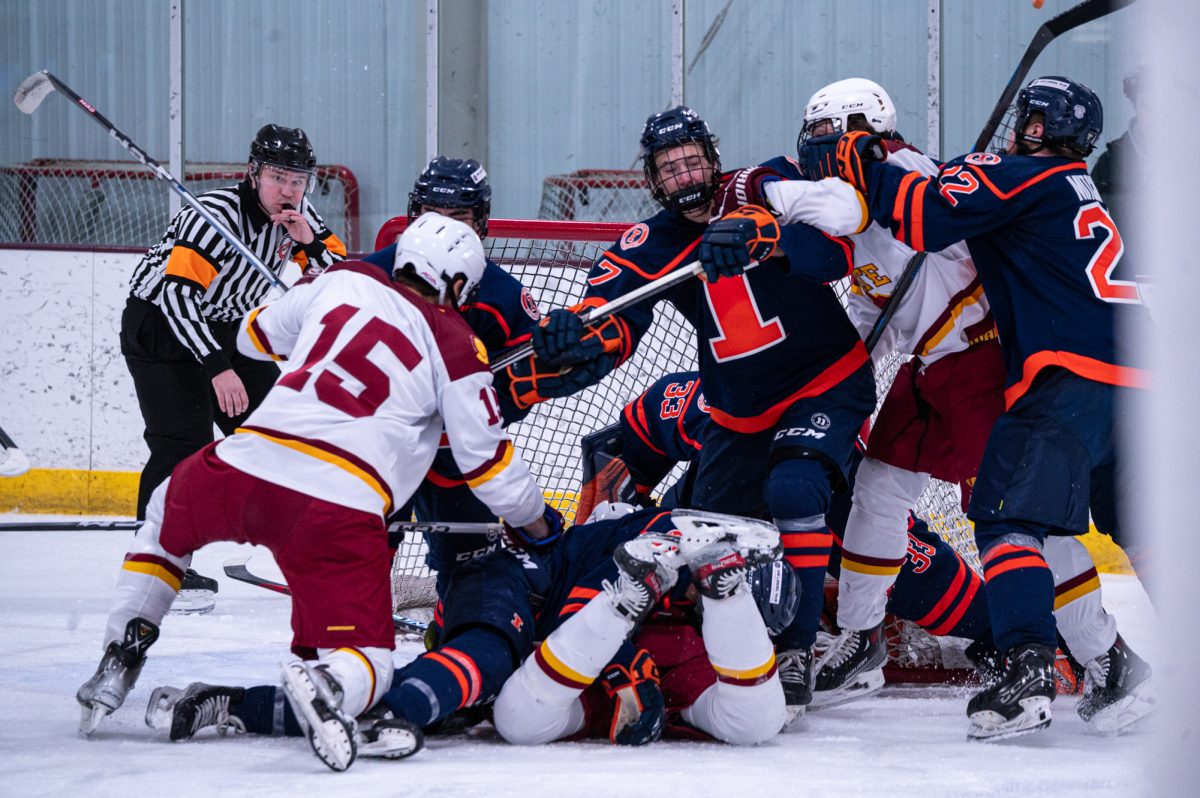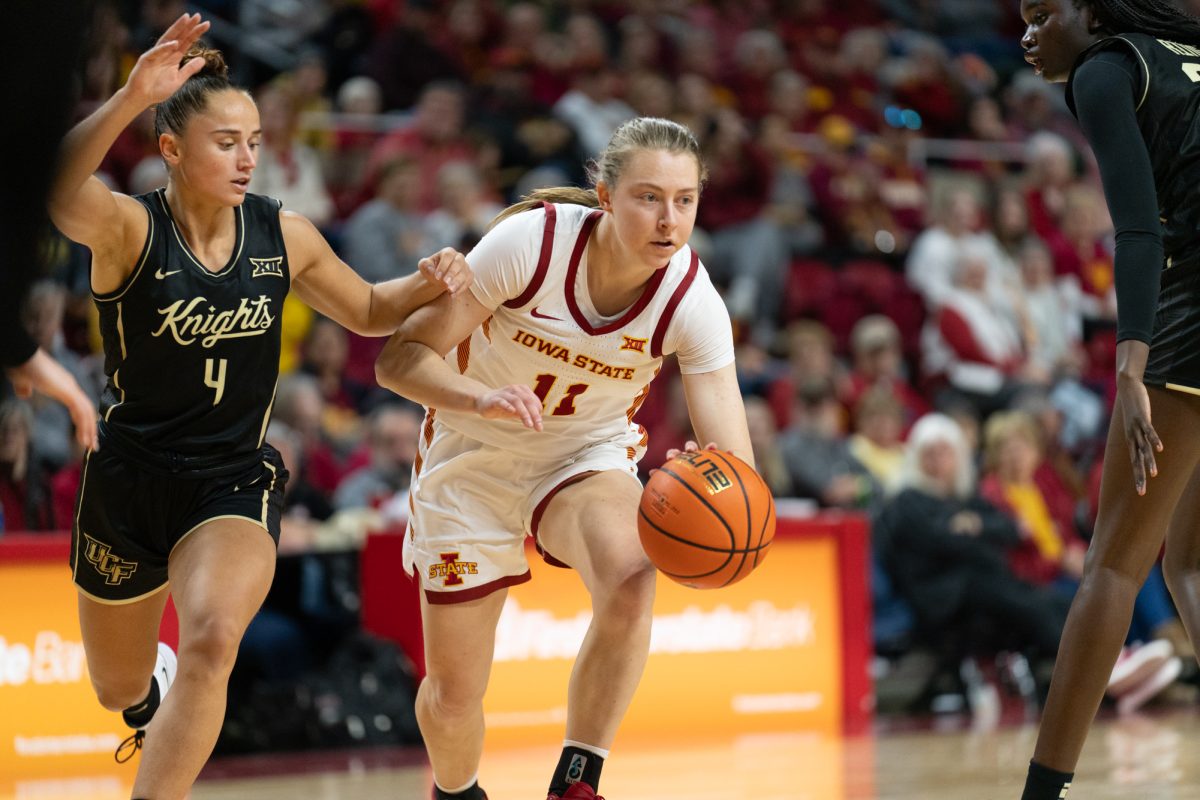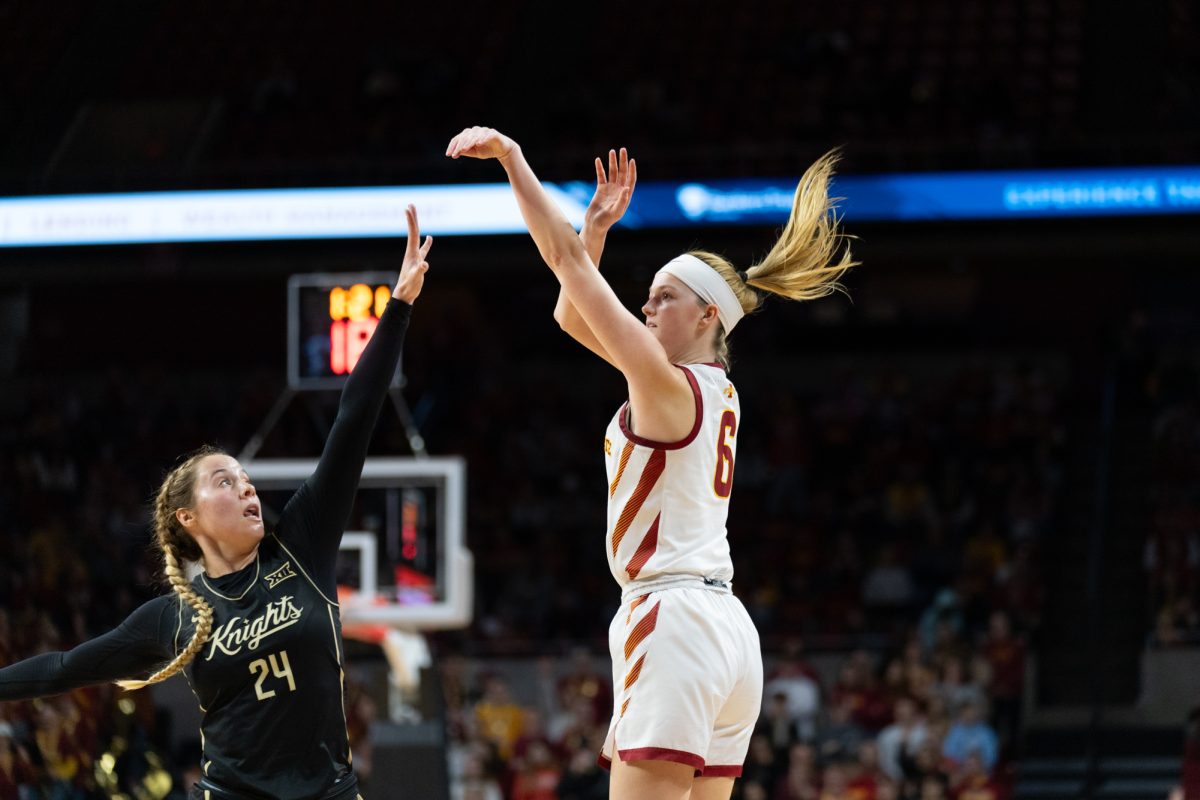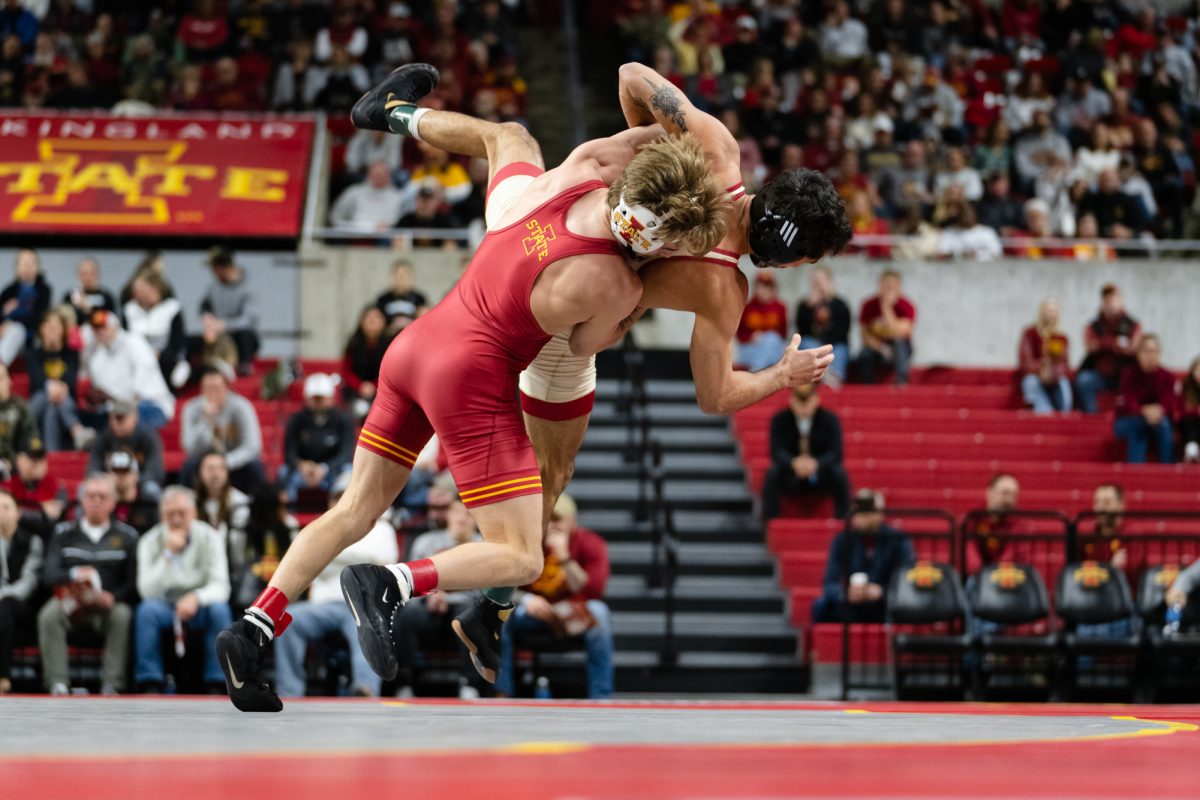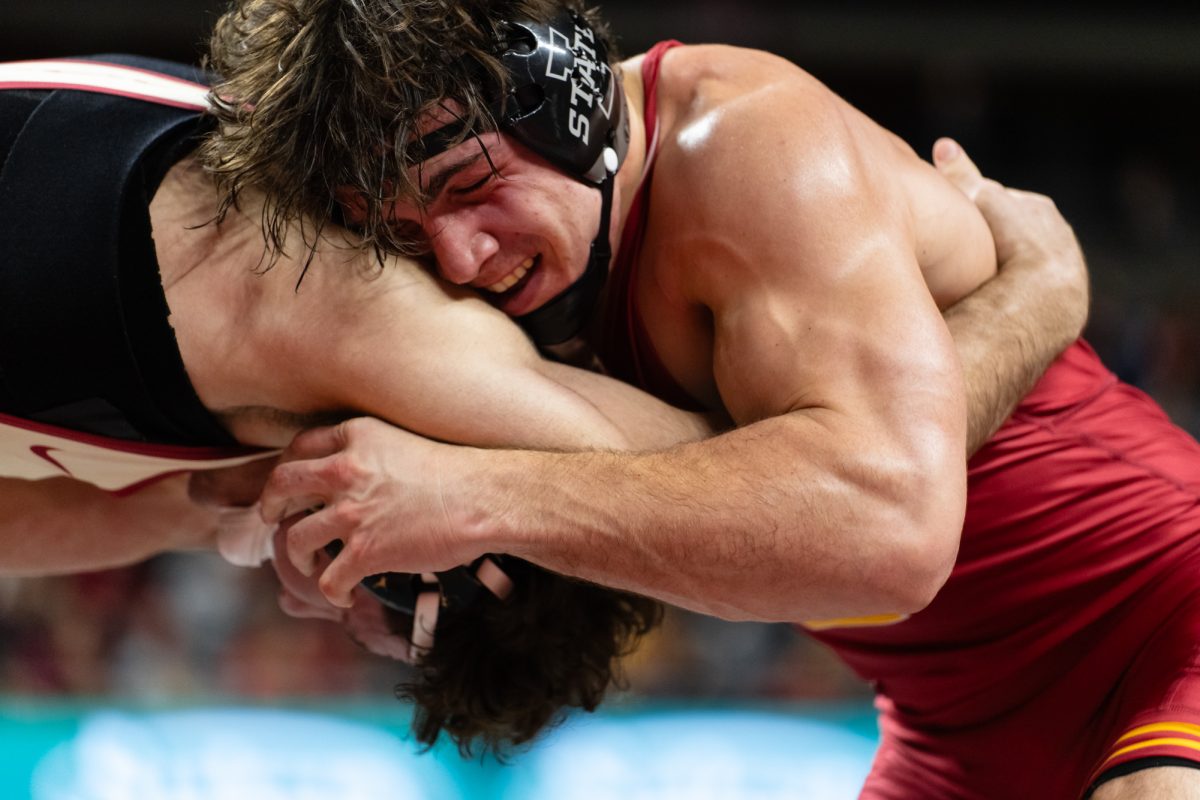Analysts can’t call election’s outcome
November 26, 2000
Almost three weeks after the presidential election, the deadlocked vote tallies in Florida are still being disputed in state and federal courts.
“This election is definitely one for the history books,” said Aaron Fister, president and producer of ISU-9’s Politics Unlimited.
The Gore campaign claimed a significant victory Nov. 21 when the Florida Supreme Court ruled that Florida Secretary of State Katherine Harris does not have the power to ignore the recounted counties as long as all the final tallies were submitted by Sunday afternoon.
“At the time, the Florida Supreme Court ruling was a huge win for Gore, but every day things are changing in favor of one candidate to the other,” said Fister, junior in management information systems.
The U.S. Supreme Court has agreed to hear an argument by Bush’s lawyers. The high court will consider whether the Florida Supreme Court violated its separation of power between the judicial branch and legislative branch and whether the state courts violate voters’ rights to due process. The U.S. Supreme Court is scheduled to hear the case later this week.
“You knew that, somehow, this was going to go to the Supreme Court,” Fister said. “Since Gore is planning to contest the election, it could draw it out at least another week.”
Fister said the legal battles could drag on, keeping voters in the dark about who will be the next president.
“Bush will be certified by Florida, but Gore is trying to get the recount recounted,” he said. “I have know clue when this election will end.”
Steffen Schmidt, university professor of political science, said he believes the Supreme Court will play a major role in deciding the next president.
“I personally think it depends on what the Supreme Court rules,” he said. “If the ruling clearly makes one of the two candidates the next president, it will end right there.”
However, if the high court’s ruling is indecisive, the decision could be made by other branches of the federal government, Schmidt said.
“The Supreme Court might come out with a ruling that doesn’t result in a clear winner,” he said. “Then this election will drag on, and it might end up in the U.S. House of Representatives.”
Schmidt said there has never been a case like this in front of the Supreme Court, but he believes the court wants to help the situation in Florida.
“The Supreme Court wanted to hear the case because I believe they want to solve the problem,” he said. “They will probably come out with a ruling that favors one candidate or another in some way, but people are just guessing right now, and that’s what I am doing — guessing.”
The Florida Legislature also could play a role in selecting the next president, Schmidt said.
“If the Supreme Court does not hand down a ruling that clearly favors one candidate, then it could be up to the Florida Legislature because it has the power to meet and select the electors on their own,” he said. “Many claim they don’t have the power, but they do.”


